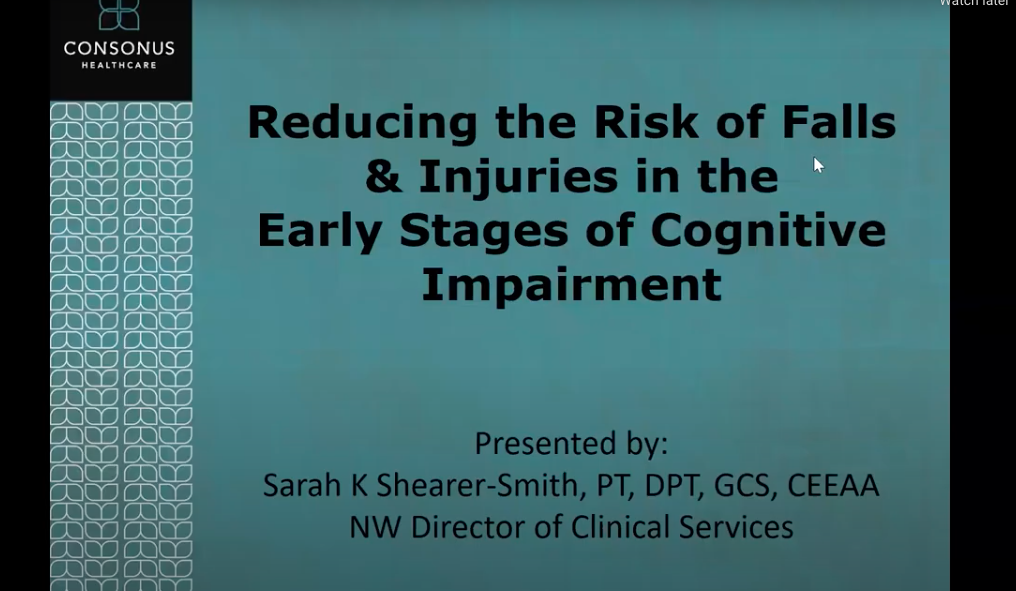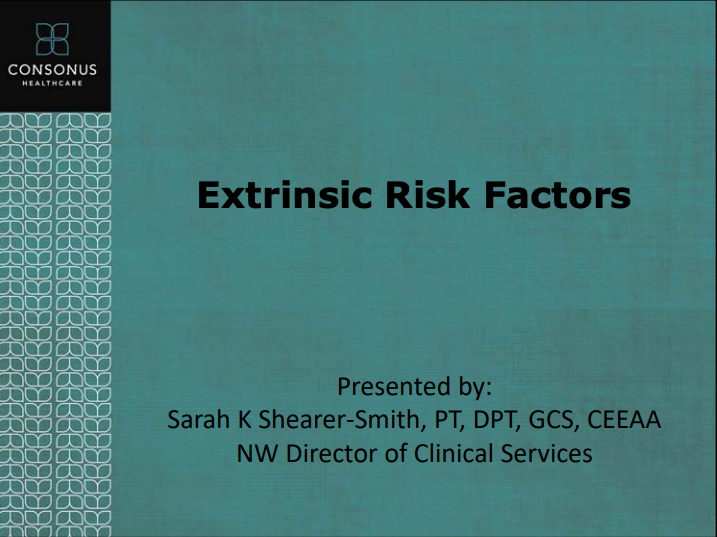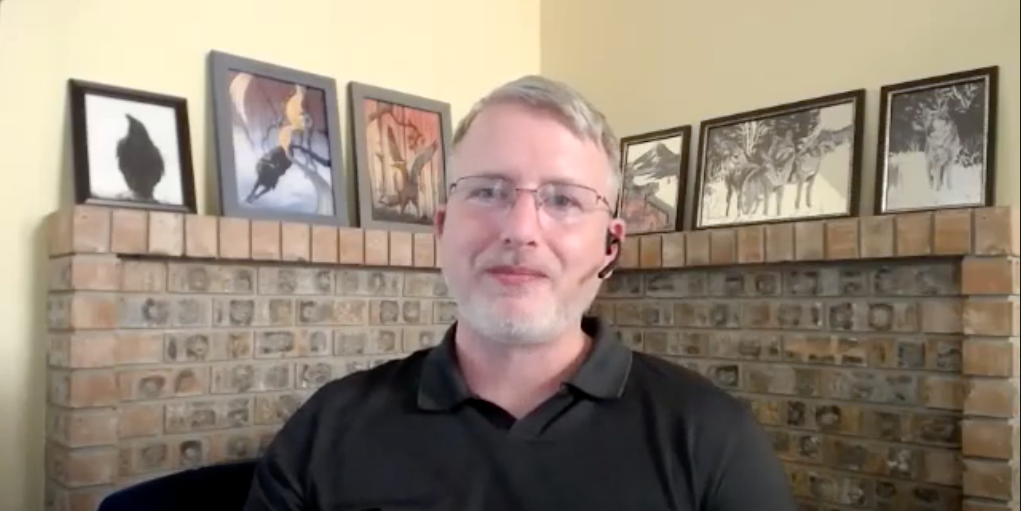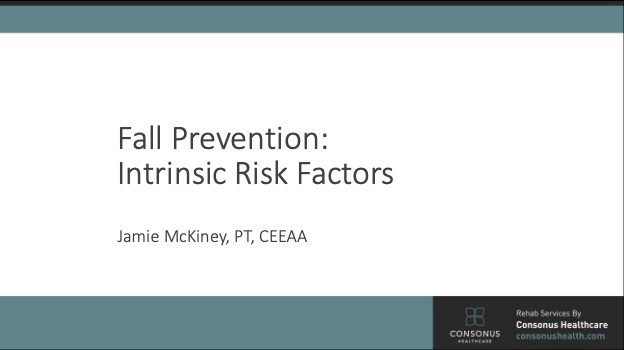Approved for 1 CEU
Time: 1:00:44
The presence of a cognitive impairment challenges not only the independence of a resident, but also the quality of life and safety of both the resident and their supporters & caregivers. This presentation will focus on use of the Cognitive Disabilities Model to identify a resident’s remaining abilities in the early stages of cognitive changes and offer helpful recommendations for task modification, environmental adaptation, and changes to caregiver approaches that can maximize abilities and minimize falls/injuries.
- Describe at least one situation where a resident with early-stage cognitive changes may be at risk for fall/injury.
- Describe at least one environmental adaptation that can be utilized when caring for residents with early cognitive changes to maximize abilities and minimize falls/injuries.
- Describe at least one task modification that can be applied when caring for residents with early-stage cognitive changes to maximize abilities and minimize falls/injuries.
- Describe at least one change to caregiver approach that is recommended when caring for residents with early-stage cognitive changes to maximize abilities and minimize falls/injuries.
SPEAKER: Sarah K. Shearer-Smith, PT, DPT, GCS, CEEAA, RAC-CT, RAC-CTA
Sarah Shearer-Smith has spent all of her physical therapy career working with the geriatric population in various post-acute rehabilitation settings: skilled nursing, long-term care, memory care, and continuing care communities.
Before joining Consonus, she served in a multitude of roles for two national providers of skilled therapy, providing direct patient care, supervising both clinical and operational outcomes, and coordinating physical, occupational, and speech-language pathology services across multiple states.
Sarah now serves as the NW Director of Clinical Services for Oregon, Washington, and Nevada for Consonus Healthcare, where she is responsible for customer and therapist education surrounding federal/state regulations, assisting with the development of company compliance and clinical policies/procedures, coordinating clinical and documentation action plans, and training core clinical programs. In addition, she serves as both the Denial/Appeal Coordinator and, with the assistance of her Internship Coordinator, the SCCE coordinating PT, PTA, OT, OTA, and ST internships across all Consonus Healthcare sites.
She attended Loma Linda Medical University, where she earned her Master’s degree in Physical Therapy (1999) and her Post-Professional Clinical Doctorate of Physical Therapy (2006), and is certified as a Geriatric Clinical Specialist/GCS (since 2007), Certified Exercise Expert for the Aging Adult/CEEAA (since 2017), AANAC Resident Assessment Coordinator-Certified (RAC-CT) (since 2018), AANAC Resident Assessment Coordinator-Certified Advanced (RAC-CTA) (since 2019), and Dementia Care Specialist (since 2018). Sarah is also a certified trainer for the APTA’s Credentialed Clinical Instructor Program (CCIP).
She has served as a as a guest lecturer and trainer for various universities, state associations, long-term care associations, and continuing education events for diverse topics including: CMS guidelines, documentation best practices, management of Quality Indicators, caseload development/management, geriatric strengthening, falls prevention, balance system assessment/treatment strategies, and the assessment/treatment of patients with cognitive impairments and/or chronic conditions.






